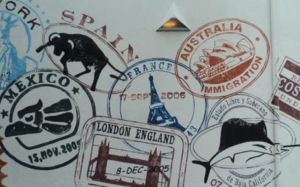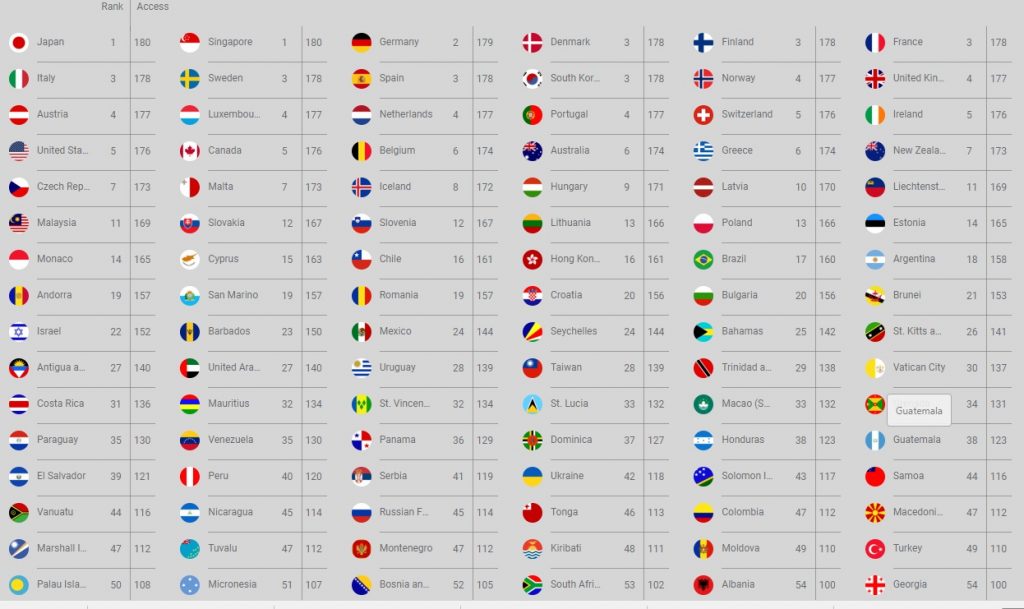News
Danish passport remains among world’s most powerful
This article is more than 7 years old.
Japan and Singapore are the two new global leaders

Some stamps are harder to get than others (photo: Pixabay)
The Danish passport remains one of the most attractive in the world, according to the latest update of the 2018 Visa Restriction Index published by the global leader in residence and citizenship planning, Henley & Partners.
The Danish passport gains visa-free access to 178 countries in the world, ranking it fourth equal on the global ranking (here in English) just behind the new joint leaders Japan and Singapore (180) and former leaders Germany (179).
“It is perhaps long overdue that wealthy Asian states such as Singapore and Japan would equal and now even exceed Germany’s ranking among the world’s most powerful passports,” said Dr Parag Khanna, a senior fellow at the Centre on Asia and Globalisation at the National University of Singapore.
“These two states in particular are identified as peaceful commercial powers, with their citizens interested primarily in business and investment activities. The most recent rankings also show promising gains for South Korea and Malaysia.”
READ MORE: Danish passport third most powerful in the world
Afghan agony
Other notables include Finland, France, Italy, Sweden, Spain and South Korea (178), Norway, the UK and the Netherlands (177), the US and Canada (176), Australia (174), Brazil (160), Mexico (144), Russia (114), China (64) and India (56).
Meanwhile, Afghanistan finished rock bottom, giving visa-free access to just 24 countries, preceded by Iraq (27), Syria (28), Pakistan (30), Somalia (32) and Yemen (35).











































